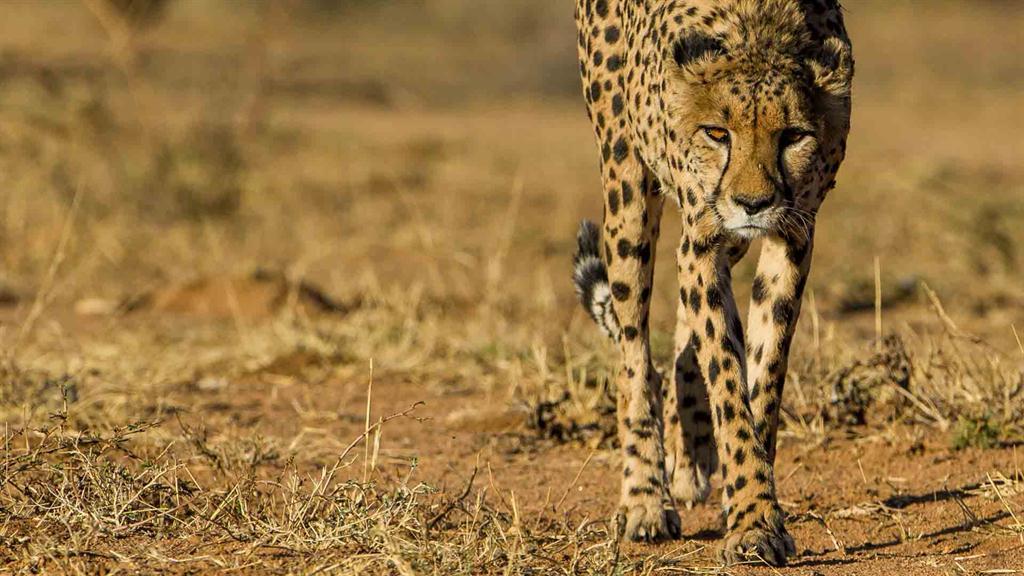Namibia part of India’s cheetah reintroduction plan
India wants to revive its extinct cheetah population with imports of animals from Namibia and South Africa.
ELLANIE SMIT
WINDHOEK
An action plan has been launched by India in which it aims to reintroduce cheetah, which has become extinct in the country, from Namibia and South Africa.
The ‘Action Plan for Introduction of Cheetah in India’ was released by the country’s environment ministry and states that 50 cheetahs will be introduced in various parks over a period of five years.
It aims to import between 12 and 14 cheetahs from Namibia and South Africa by the end of this year and each will be fitted with a satellite GPS radio-collar.
According to the action plan, international transportation of the cheetahs will be done by either a commercial airline or by a chartered flight, after which the wild cats will be transported to the Kuno Palpur National Park in Madhya Pradesh state.
Above board
It further stresses that any movement of cheetah will be done through the Convention on International Trade in Endangered Species of Flora and Fauna (CITES).
“The animals' lineage and condition shall be checked in the host country to ensure that they are not from an excessively inbred stock and are in the ideal age group, so as to conform to the needs of a founding population,” said the over 300-page action plan.
Among the 10 surveyed sites in five central Indian states, Kuno Palpur National Park was rated high on the priority list for introduction of cheetah because of its suitable habitat and adequate prey base.
As per the plan, the central government, along with India’s ministry of environment and the Cheetah Task Force, will create a formal framework to collaborate with the governments of Namibia and/or South Africa.
Namibia's Cheetah Conservation Fund (CCF) began consulting with the Indian government in 2009 about reintroduction and has indicated their further willingness to provide support throughout the project.
India had long been part of the Asiatic cheetah's historic range. However, the critically endangered subspecies Acinonyx jubatus venaticus was determined to have gone locally extinct in the early 1950s.
The return of the cheetah would make India the only country to host six of the world’s eight large cats, including lions, tigers, jaguars and panthers.
[email protected]
WINDHOEK
An action plan has been launched by India in which it aims to reintroduce cheetah, which has become extinct in the country, from Namibia and South Africa.
The ‘Action Plan for Introduction of Cheetah in India’ was released by the country’s environment ministry and states that 50 cheetahs will be introduced in various parks over a period of five years.
It aims to import between 12 and 14 cheetahs from Namibia and South Africa by the end of this year and each will be fitted with a satellite GPS radio-collar.
According to the action plan, international transportation of the cheetahs will be done by either a commercial airline or by a chartered flight, after which the wild cats will be transported to the Kuno Palpur National Park in Madhya Pradesh state.
Above board
It further stresses that any movement of cheetah will be done through the Convention on International Trade in Endangered Species of Flora and Fauna (CITES).
“The animals' lineage and condition shall be checked in the host country to ensure that they are not from an excessively inbred stock and are in the ideal age group, so as to conform to the needs of a founding population,” said the over 300-page action plan.
Among the 10 surveyed sites in five central Indian states, Kuno Palpur National Park was rated high on the priority list for introduction of cheetah because of its suitable habitat and adequate prey base.
As per the plan, the central government, along with India’s ministry of environment and the Cheetah Task Force, will create a formal framework to collaborate with the governments of Namibia and/or South Africa.
Namibia's Cheetah Conservation Fund (CCF) began consulting with the Indian government in 2009 about reintroduction and has indicated their further willingness to provide support throughout the project.
India had long been part of the Asiatic cheetah's historic range. However, the critically endangered subspecies Acinonyx jubatus venaticus was determined to have gone locally extinct in the early 1950s.
The return of the cheetah would make India the only country to host six of the world’s eight large cats, including lions, tigers, jaguars and panthers.
[email protected]





Comments
Namibian Sun
No comments have been left on this article